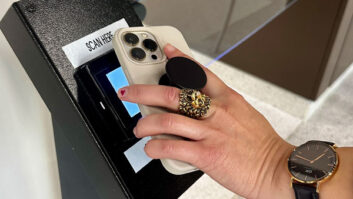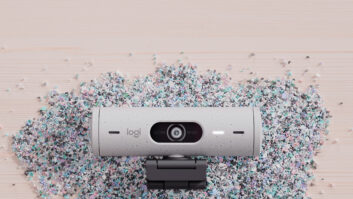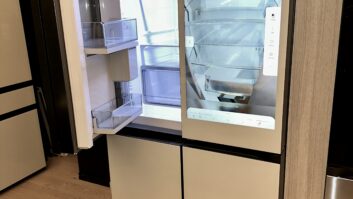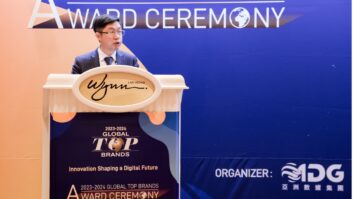NEW YORK – Futuristic design concepts are standard at majap trade shows, where vendors offer visions of far-off Jetsons-like devices.
But the future is now, or will be shortly, for two advanced majap concepts that could revolutionize refrigeration and laundry.
The former, under development at GE, uses a magnetic field to cool a water-based fluid, and dispenses with refrigerants and compressors. The magnetocaloric refrigeration technology is 20 percent more energy efficient and safer for the environment than current cooling systems, GE said, and could be ready for mass production in five years.
Magnetocaloric cooling is not a new concept, but GE started exploring its application to home refrigeration eight years ago as manufacturers began maxing out the efficiencies of current technology, explained Venkat Venkatakrishnan, director of advanced technologies for GE Appliances. His team of engineers is presently working with Oak Ridge National Laboratory to determine component and material requirements for stable and reliable operation, and to maximize refrigerator-freezer performance in lab testing, he said.
Meanwhile, Manchester, N.H.-based Xeros is looking to dramatically reduce water usage during the laundry process by employing reusable polymer beads in the wash. Xeros North America president Jonathan Benjamin said the beads, when used with a proprietary detergent solution, attract and absorb dirt from soiled fabric, leaving laundry cleaner and less wrinkled than traditional soap and water.
The recyclable beads can be used for hundreds of washes before replacing, and the process is gentler on clothes and uses 70 percent less water, up to 50 percent less energy, and about 50 less detergent than current cleaning approaches, he said.
The rub? The process requires a specially designed Xeros washing machine that can release, collect and store the beads. The washers are already being used in commercial applications in North America and the U.K., including a Hyatt Regency hotel in Reston, Va., and the first home models are expected by 2016, the company said.













